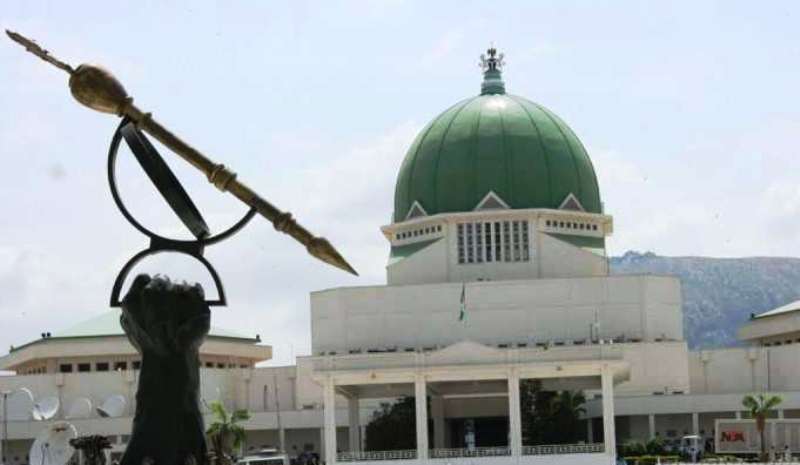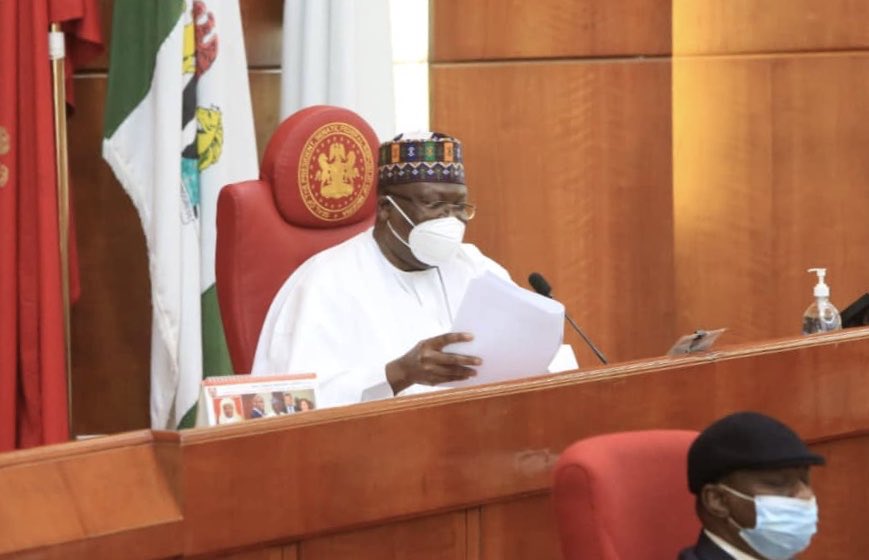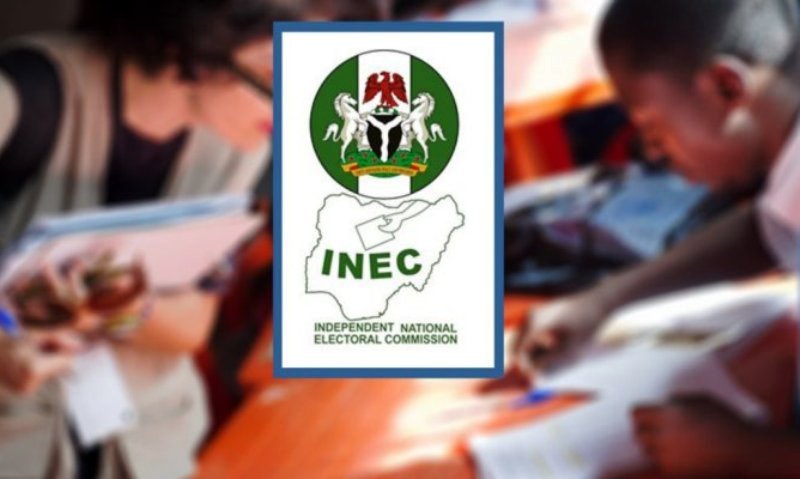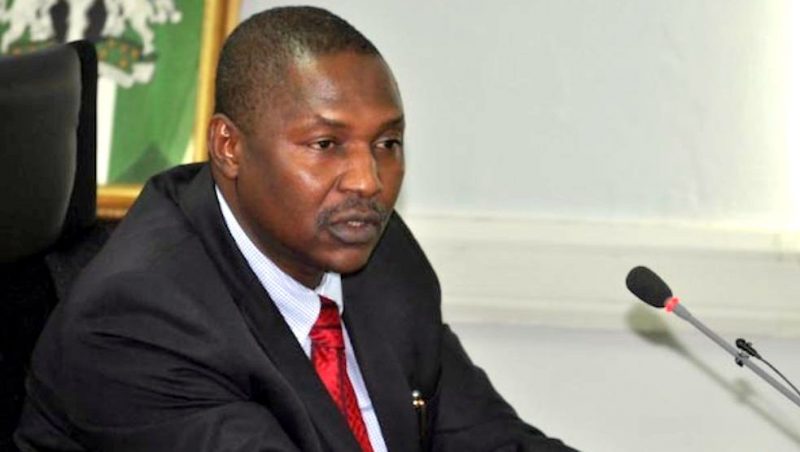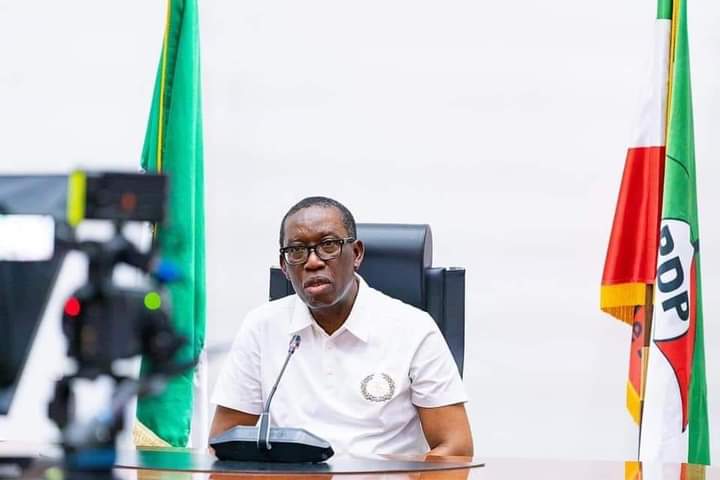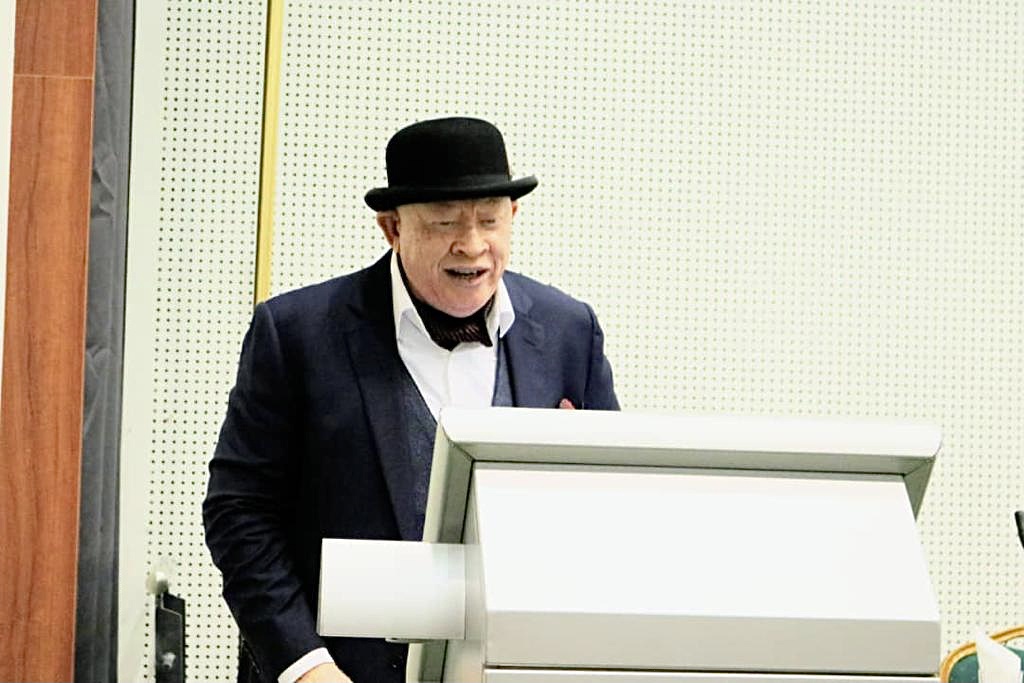The ruling All Progressives Congress (APC) has barred Rotimi Amaechi, AGF Malami, Godswill Akpabio, Lai Mohammed and other political appointees from voting at its National Convention slated for tomorrow. This is contained in its programme of events for rhe National Convention.
Gov. Abdullahi Sule of Nasarawa State and Chairman, Media and Publicity Sub-Committee for the APC 2022 National Convention made this known on Thursday.
Below is the programme of events for the convention scheduled to hold at the Eagle Square, Abuja, as released by Sule on Thursday in Abuja.
1. Arrival of Accredited National Delegates – 10 a.m-1p.m
2. Arrival of the Members of the National Caretaker and Extra-ordinary Convention Planning Committee (CECPC) – 1:30p.m
3. Arrival of APC State Governors, National Assembly Members, Ministers and Party Leaders – 1:30-2:p.m
4. Arrival of the Speaker of the House of Representatives – 2:10p.m
5. Arrival of the Senate President – 2:20p.m
6. Arrival of the National Chairman, Caretaker and Extra-ordinary Convention Planning Committee (CECPC) – 2:30p.m
7. Arrival of the Vice-President – 2:45p.m
8. Arrival of the President – 3:15p.m
9. The National Anthem – 3:30p.m
10. Opening Prayers – 3:35p.m
11. Goodwill messages by Youth Wing, Women Wing, People Living with Disability (PLwD) and Diaspora Wing – 3:40-4:50p.m
12. Remarks by Chairman, Progressives Governors’ Forum (PGF) and Representatives of Governors’ from each of the six geo-political zones – 4:50-5:20p.m
13. Interlude – 5:20-5:25p.m
14. Remarks by the Speaker of the House of Representatives – 5:25-5:30p.m
15. Remarks by the Senate President – 5:30-5:35p.m
16. Remarks by the Vice-President – 5:35-5:40p.m
17. Special Remarks by the President – 5:40-5:55p.m
18. Welcome Address by National Caretaker and Extra-ordinary Convention Planning Committee Chairman and presentation of motions – 5:55-6:10p.m
i. Motion for the approval of Constitution as amended
ii. Motion for the ratification of all activities carried out by CECPC
19. Remarks by the Chairman, Election Committee – 6:10-6:20p.m
20. Elections into Zonal and National Offices of the APC
21. Interlude
22. Counting and Collation of Votes
23. Declaration of Results/Swearing in of the newly elected executives
24. Acceptance Speech by the newly elected National Chairman of the APC
25. Motion for closing of the 2022 Extra-ordinary National Convention
26. Closing Remarks by National Secretary
27. Closing Prayers
28. National Anthem
29. Departure in reverse order.
Meanwhile, the APC has barred political appointees from voting at the national convention.
The party made this known in a press statement on Thursday titled, ‘Attention to political office holders who were elected as delegates’.
It read, “The National Caretaker Extraordinary Convention Planning Committee of APC has declared that all political appointees who were elected as delegates to the National Convention slated for 26/3/2022 SHALL NOT VOTE in view of the controversy surrounding Section 84 (12) of the Electoral Act,2022.
“However, political appointees can still attend as observers.”
Recall that the National Assembly (NASS) had earlier unanimously rejected a request from President Muhammadu Buhari to further amend the Electoral Act.
The president asked the National Assembly to amend Section 84(10) of the Act to allow political appointees to contest and participate in primaries without resigning.
Section 84(10) of the Act specifically reads, “No political appointee at any level shall be a voting delegate or be voted for at the convention or congress of any political party for the purpose of the nomination of candidates for any election.”
As the NASS rejected the president’s request, a lawyer and chieftain of Action Alliance (AA), Mr Nduka Edede, approached a Federal High Court sitting in Umuahia on the matter – in a suit marked FHC/MU/SC/26/2022, with the Attorney General of the Federation as the defendant.
The plaintiff asked the court to determine whether Section 84(12), when read together with Sections 66(1)(f) 107(1)(f)(137(1)(f) and 182(1)(f) of the 1999 Constitution, was not inconsistent.
The judgment, delivered by Justice Evelyn Anyadike, nullified Section 84(12) of the newly amended Electoral Act, saying it violated the provisions of the Constitution.
Anyadike held that the section was unconstitutional, invalid, illegal, null, void and of no effect whatsoever, saying it ought to have been struck out.
A few hours after the judgement was delivered, the Office of Attorney General and Minister of Justice announced Federal Government’s plans to implement the court judgement allowing political appointees to run for office without resigning.
Some of the President’s ministers who are said to be planning to run for different offices include the Attorney-General of the Federation, Abubakar Malami, who is said to be eyeing the Kebbi State governorship seat; the Minister of Aviation, Hadi Sirika, who is believed to be planning to contest the governorship of Katsina State; the Minister of Transportation, Rotimi Amaechi, who is rumoured to be eyeing the Presidency.
Others who are said to have political ambitions include the Minister of Labour and Employment, Senator Chris Ngige; the Minister of State for Education, Chukwuemeka Nwajiuba; and a few others.
On Wednesday, March 23, the Senate resolved to appeal the judgment by the Federal High Court in Umuahia, nullifying the provision of Section 84(12) of the Electoral Act 2022.

